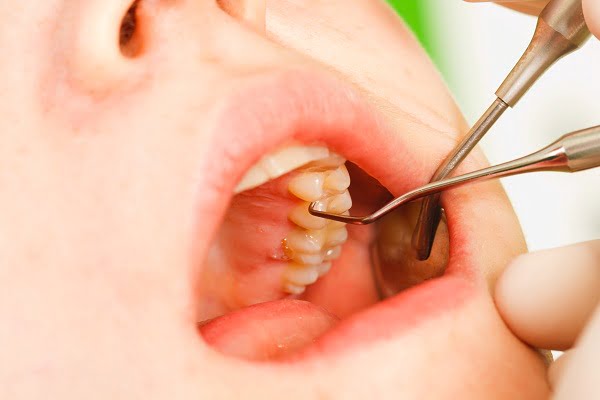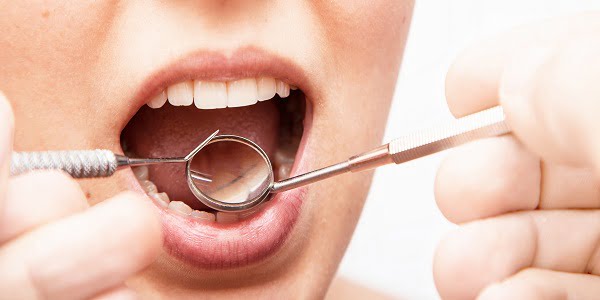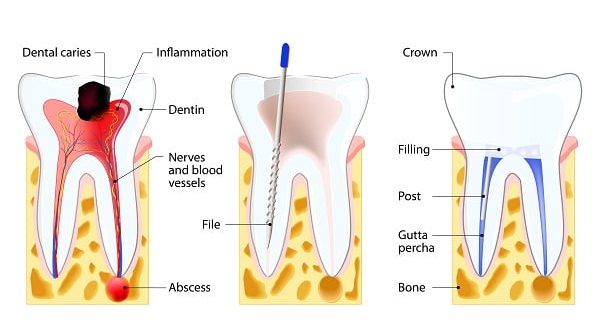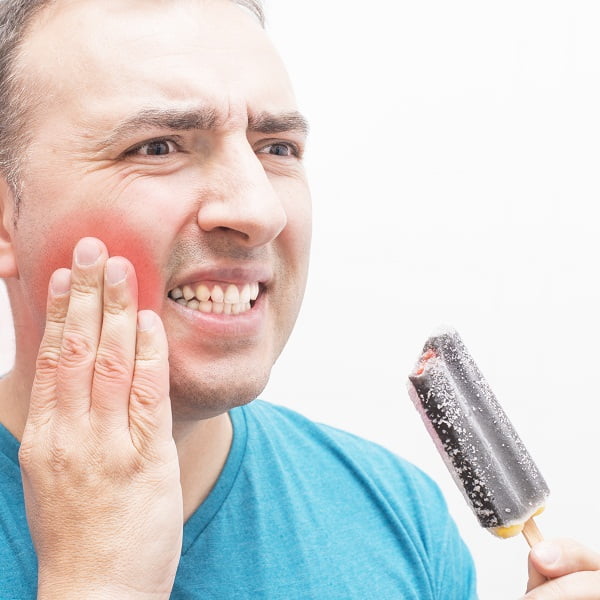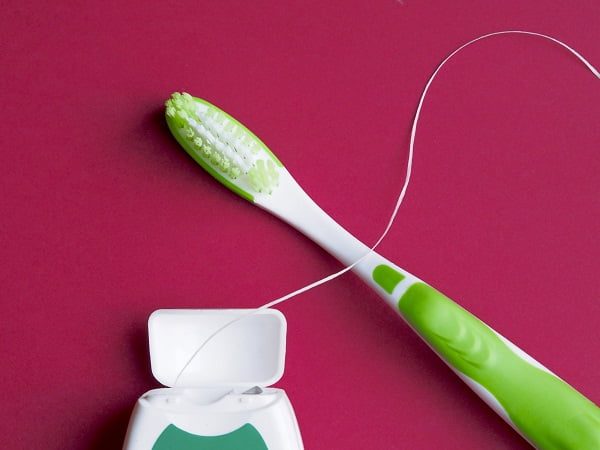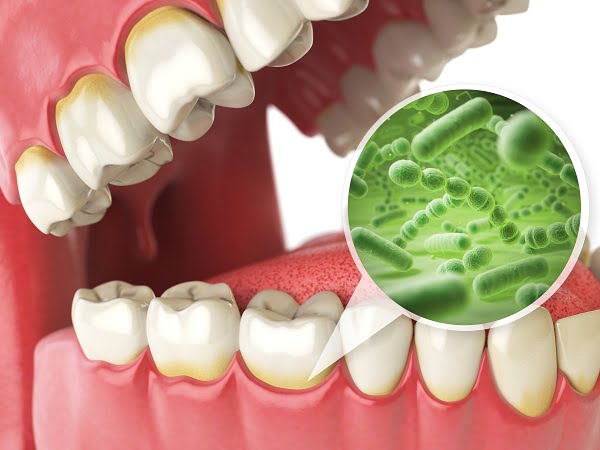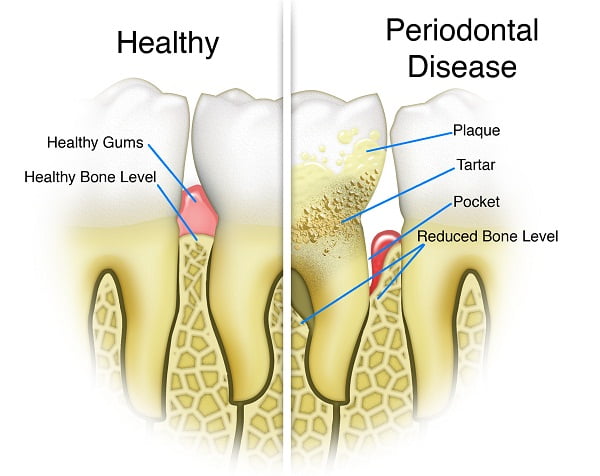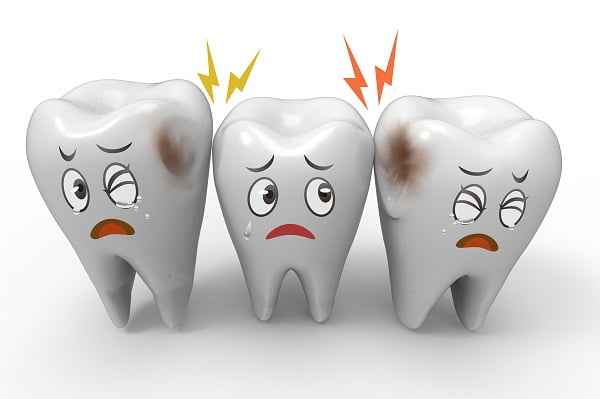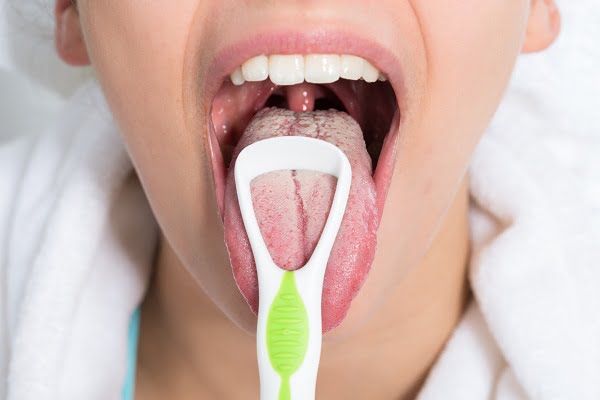Browsing: Dental Health

The page provides quick access to a list of common diseases, syndromes, health conditions, and other topics of health importance. The list is organized alphabetically. Links are provided to respective diseases sections that serve as a comprehensive and ultimate guide about the disease or health condition.
Effective and proper dental care of the mouth and teeth is highly important to a person’s general health and overall appearance. According to WHO, oral health is a state of being free from mouth and facial pain, oral and throat cancer, oral infection and sores, periodontal (gum) disease, tooth decay, tooth loss, and other diseases and disorders that limit an individual’s capacity in biting, chewing, smiling, speaking, and psychosocial wellbeing.
Untreated oral diseases or dental diseases can lead to gum problems, dental cavities, tooth loss, and many digestion-related issues. Scientists and dentists also believe that there could be a connection between certain dental problems or dental conditions and low birth weight, stroke, heart diseases, premature births, diabetes and certain other diseases. Primarily dental diseases are categorized into three types – formation of tooth decay, gum diseases, and oral cancers.
The most common oral diseases and conditions are dental cavities, periodontal (gum) disease, oral cancer, trauma from injuries, oral infectious diseases, gum infection, swollen gums, gum pain, and hereditary lesions. Dental cavities and periodontal disease are major causes of tooth loss.
False Teeth Options: Dentures, Dental Implants, Tooth Implants
Your teeth are designed and aligned in a very particular way to work together to help you chew, speak and smile. It is difficult to do these tasks when certain teeth are missing. Your mouth can shift and your face looks older even if your back teeth are missing.
Diagnosis of bad breath is done by a dentist to determine the cause of the disease. Identifying bad breath (halitosis) is very easy, but detecting its cause is difficult. In order to diagnose the bad breath, the dentist tries a systematic approach, which includes a series of steps such as review of medical history and oral examination.
How Are Dental Cavities Treated?
Treatment of tooth decay (dental cavities) depends on how bad your cavity is. Most often, the dentist extracts and removes the decayed portion of your tooth. He fills in the hole with a filling made of a composite resin or other material. Allergies to fillings are rare.
Tooth sensitivity (also known as dentin hypersensitivity) is a common dental problem that involves pain or discomfort in teeth whenever certain substances or temperatures are encountered. The pain is very sharp and is often sudden. But it lasts for a temporary period only generally. The sensitivity may vary from mild discomfort to severe pain.
What Can I Do To Keep Cavities From Forming?
A good oral hygiene can help you avoid cavities and tooth decay. You should use toothpaste that contains fluoride. Brush your teeth at least twice a day and ideally after every meal. Use a mouth rinse with fluoride if you are at a high risk and visit your dentist regularly.
What Causes Tooth Decay?
The cause of tooth decay is acid formed from bacteria when they dissolve the enamel of your teeth. The acid is produced from food particles that remain in the teeth. If the breakdown is greater than build up, cavities do form. Caries is also associated with poor cleaning of the mouth.
What Is Periodontal Disease (Gum Disease)?
Periodontal disease (or gum disease) is an inflammatory condition of the gum and bone that provides support to the teeth and tissues surrounding the teeth. The two most common periodontal diseases are Gingivitis and Periodontitis. The cause of the disease is poor oral hygiene. Often, untreated gum disease can lead to tooth loss.
Tooth decay or dental cavities is a common oral health disorder. It generally occurs in children and young adults, but it can affect anyone. Tooth decay is a common cause of tooth loss in children and younger people. Dental cavities form due to the action of bacteria that are present in your mouth.
Eruption of teeth in babies is an important phase in a child’s overall development process. The complete set of teeth erupts in phases till the child is about 3 years in age. Teeth begin to develop during the embryonic stage of development (during pregnancy) and the process continues even after the birth of a child.
Every bad breath is not halitosis. Morning breath and the bad breath after eating spicy or things are not considered halitosis. These live for a short time and can be managed through common cleaning. These are not a matter of health concern. Halitosis is long lasting.




